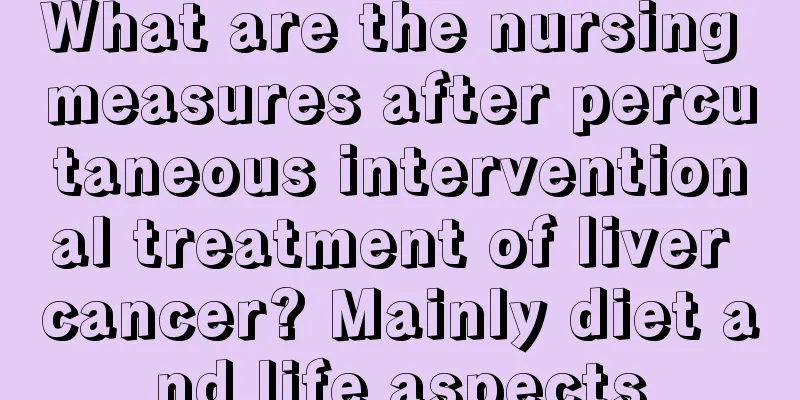What are the sequelae of nasopharyngeal carcinoma

|
Nasopharyngeal carcinoma is a malignant tumor disease. Cancer is a disease that people are very afraid of, and nasopharyngeal carcinoma is no exception. Nasopharyngeal carcinoma brings great harm to people's bodies and has a very serious impact on patients' lives. In addition, nasopharyngeal carcinoma can also cause some complications. What are the complications of nasopharyngeal carcinoma? Let us learn about it through the following content. Although the adjacent structures of the nasopharynx have a high tolerance to radiation, some sequelae of nasopharyngeal carcinoma caused by radiotherapy may still occur, especially in patients who receive adequate or excessive radiotherapy. It can be said that if the original structure is affected, the adjacent structures will be affected. The sequelae of radiotherapy include radiation xerostomia, radiation damage to the nervous system, radioactive osteonecrosis, radiation damage to the nasal cavity and paranasal sinuses, and radiation dysfunction of the facial joints, among which radiation xerostomia is the most common. Radiation xerostomia refers to a significant decrease in saliva flow caused by radiotherapy for head and neck tumors, characterized by rapid onset and persistent dry mouth. After radiotherapy for nasopharyngeal carcinoma, most patients experience varying degrees of reduced saliva, leading to nasopharyngeal carcinoma sequelae such as dry mouth. The main reason for dry mouth is that the patient's three pairs of salivary glands (parotid glands, submandibular glands, and sublingual glands) can all be included in the radiotherapy field, especially the largest salivary glands, the parotid glands, which are almost all included in the radiotherapy field of the nasopharyngeal primary lesion, and are irradiated to varying degrees, leading to salivary gland atrophy, reduced saliva volume, and xerostomia. The degree of salivary gland damage and reduced saliva volume depends on the time, dose, and type of radiotherapy. Radiation-induced xerostomia usually begins in the middle and late stages of radiotherapy, progressively worsens, and is irreversible. Patients report persistent dry mouth, sometimes with a burning sensation, and loss of taste. Insufficient saliva can make chewing, swallowing, and speaking difficult, often accompanied by oral infections. Certain medicated mouthwashes can be used to control this. |
<<: How to care for nasopharyngeal carcinoma complicated with dermatomyositis
>>: What are the hazards of nasopharyngeal cancer
Recommend
What to eat for lung cancer to moisten the lungs
What can you eat to nourish your lungs if you hav...
What to eat after double eyelid surgery
Double eyelid surgery is a more popular plastic s...
What causes black spots on fingernails
Black spots on the fingernails are generally call...
There is a red bruise on the bridge of the nose
If there is a red bruise on the bridge of the nos...
What are the treatments for cardiac nerve disorders?
The treatment of cardiac nerve dysfunction includ...
What are the symptoms of hepatitis C?
Have you ever paid attention to the symptoms of h...
The effect of hot compress with salt water
We all have blood vessel blockages at ordinary ti...
Why am I always so pessimistic?
Negative emotions such as pessimism are easy to a...
What should you pay attention to when exercising to gain weight?
For those who want to gain weight, they must pay ...
How to deal with blisters caused by adhesive tape allergy
There are many people in our lives who have aller...
How to use pregnancy stick_
Pregnancy test sticks are a medical product used ...
Some considerations in brain cancer care
Brain cancer patients often have poor self-care a...
What are the obvious symptoms of lung cancer patients? Three types of lung cancer symptoms are the most obvious.
When lung cancer first develops, there are very f...
What are the treatments for liver cancer? Summary of 4 common treatments for liver cancer
Liver cancer is a disease that can lead to death....
Close doors and windows when taking a warm bath, beware of "bathroom syndrome"
The heat of summer slowly fades away, and the eve...









